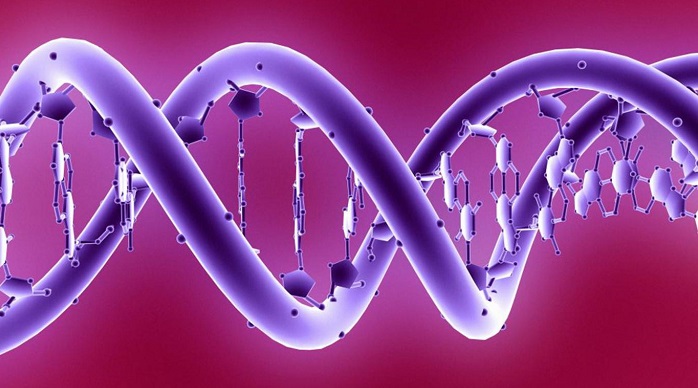The latter effect could be used to treat heart disease, while the former could potentially be used to cut off the supply of blood to tumours and treat other conditions.
Professor Stuart Cook, of the National Heart and Lung Institute, who led the study, said the process of creating blood vessels – angiogenesis – was “vital for supporting life and providing nutrients to all parts of the body”.
“Finding a way to control angiogenesis not only provides a target for the development of anti-cancer therapies, but may also prove useful in similarly starving abnormal blood vessel growth elsewhere in the body, like in diabetic eye disease,” he said.
And Dr Rizwan Ahmed, of the Royal Brompton & Harefield hospitals, who also took part in the research, said they were “one step closer to improving heart function” in patients with reduced blood flow to the heart.
“Our findings could lead to new treatments to stimulate blood vessel production in the heart,” he said.
“The next step is to find medications to activate blood vessel production specifically in the heart muscle, using this gene.”
The researchers studied the gene, called Wars2, in rats and zebrafish.
It has previously been linked to obesity and cancer in large genetic studies that look for genes that are shared by people with a particular disease.
The study was supported by a group on international backers, including the UK’s Medical Research Council, the Tanoto Foundation in Singapore, the Czech government and the European Union.
Professor Jeremy Pearson, associate medical director at the British Heart Foundation, which also helped fund the research, said: “This careful genetic study has found a new gene that controls cardiac blood vessel growth, opening up the potential for new therapies to enhance blood supply to the failing heart.
“This new insight into the role of Wars2 in blood vessel growth will allow researchers around the world to explore a fresh new target to treat diseases which are characterised by impaired blood vessel formation.”
More about:
















































